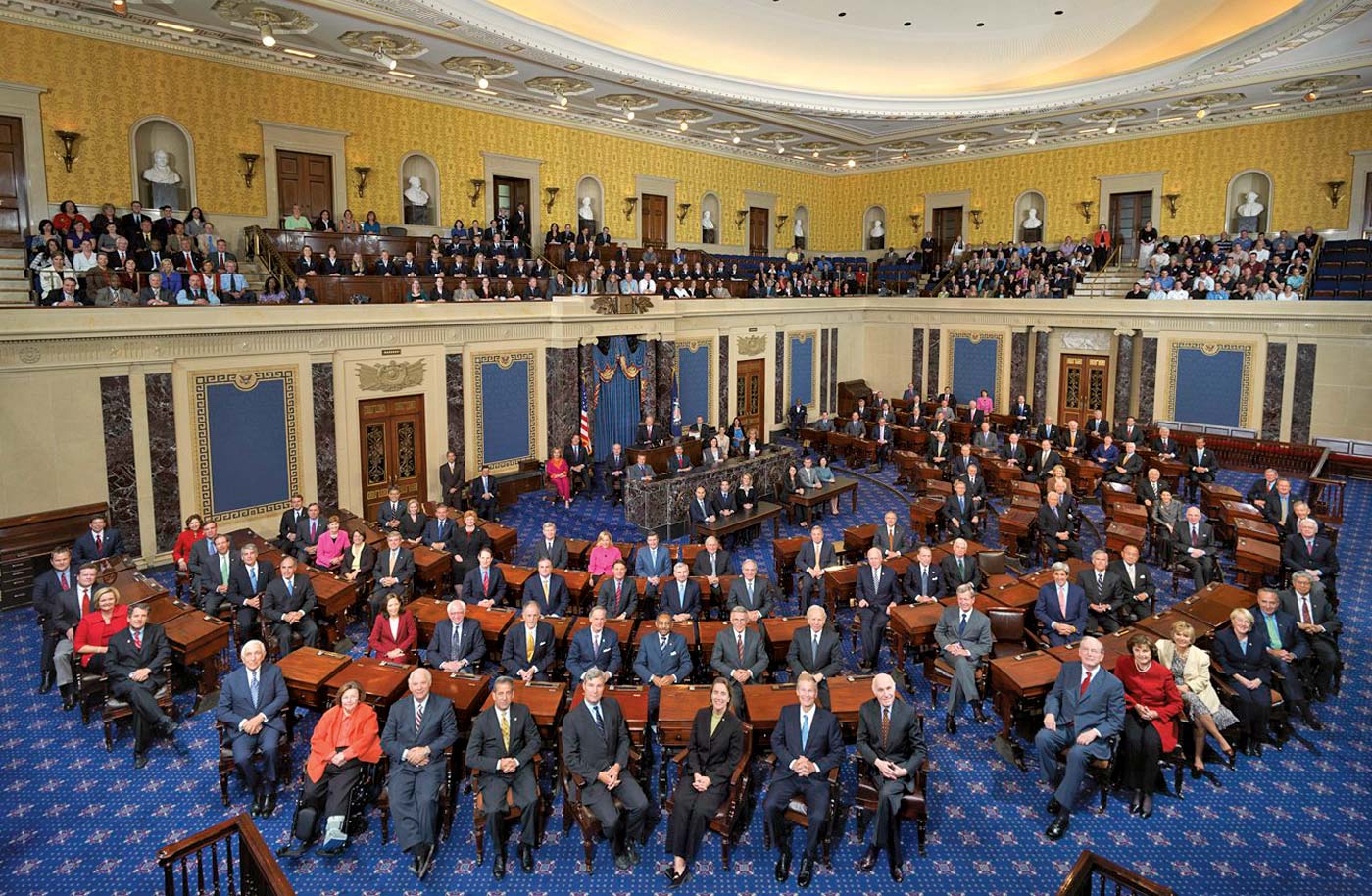
The US Senate passes a defense bill that raises troop pay and tries to counter China’s influence
The Senate of the United States has passed a military bill that includes steps to counter China’s growing power and raises the pay of troops.
A defense bill was passed by the US Senate. It gives junior enlisted service members big pay raises, raises military spending to $895 billion, and includes steps to counter China’s growing impact.
However, the bill also has some controversial parts. For example, it takes away military health coverage for gender-affirming care for kids younger than 18. This has caused Democrats and advocacy groups to criticize the bill.
After passing with 85 votes to 14, the yearly National Defense Authorization Act (NDAA) will now go to President Joe Biden to be signed into law. The bill this year was usually nonpartisan, but Republicans added parts that attacked transgender healthcare and diversity efforts in the military, turning it into a battleground for cultural issues.
The bill gives junior enlisted members a 14.5% pay raise and other service members a 4.5% raise. This fixes long-standing money problems that military families have had. Quality-of-life improvements, like better housing, child care, and job help for spouses, are also part of the bill. Lawmakers say these are necessary to make people less dependent on food banks and government aid.
In addition to raising wages, the bill puts a lot of money toward fighting China’s impact. It creates a fund to help Taiwan with its military, puts money into AI and making weapons, and forbids the military from using anything made in China, even something as strange as garlic. In answer, China laughed these measures off. Its foreign ministry called the bans “laughable.”
Some Republican leaders, like Senator Roger Wicker, say that the bill’s 1% rise in defense spending is not enough to deal with the security problems around the world. If they win the White House and Congress next year, they plan to push for even more tax hikes.
Democratic lawmakers were worried about the cultural measures that were included. Senator Tammy Baldwin usually votes for the NDAA, but she voted against it because of how it would affect thousands of military families with transgender children. TRICARE can’t pay for treatments for gender confusion in teens that could lead to sterilization because of the bill.
The policy head for the American Civil Liberties Union, Mike Zamore, asked Biden to veto the bill because it makes service members choose between their jobs and their children’s health care needs.
But other Democrats, like Senate Majority Leader Chuck Schumer, backed the bill and pointed out that it was aimed at countering China’s impact and making the military more ready.
The final version of the bill doesn’t include some of the more controversial ideas that House Republicans had put forward. For example, it doesn’t stop paying for service members to fly for abortions, and it cuts back on diversity programs. However, it still doesn’t allow money to be spent on teaching critical race theory in the service.
The bill also fixes some unrelated problems, like getting rid of a $100 cut in rail workers’ unemployment and sickness payments every month. Both railroads and unions back this provision, which fixes cuts that were made during previous budget talks.
Lawmakers disagree on some cultural problems, but they mostly agree on how important it is to strengthen national security.
Critics still say that making military policies political could hurt the unity and spirit of service members. Now, the bill is waiting for President Biden’s choice, which will decide what will happen to it as more people call for a veto.
All Categories
Recent Posts
Tags
+13162306000
zoneyetu@yahoo.com



